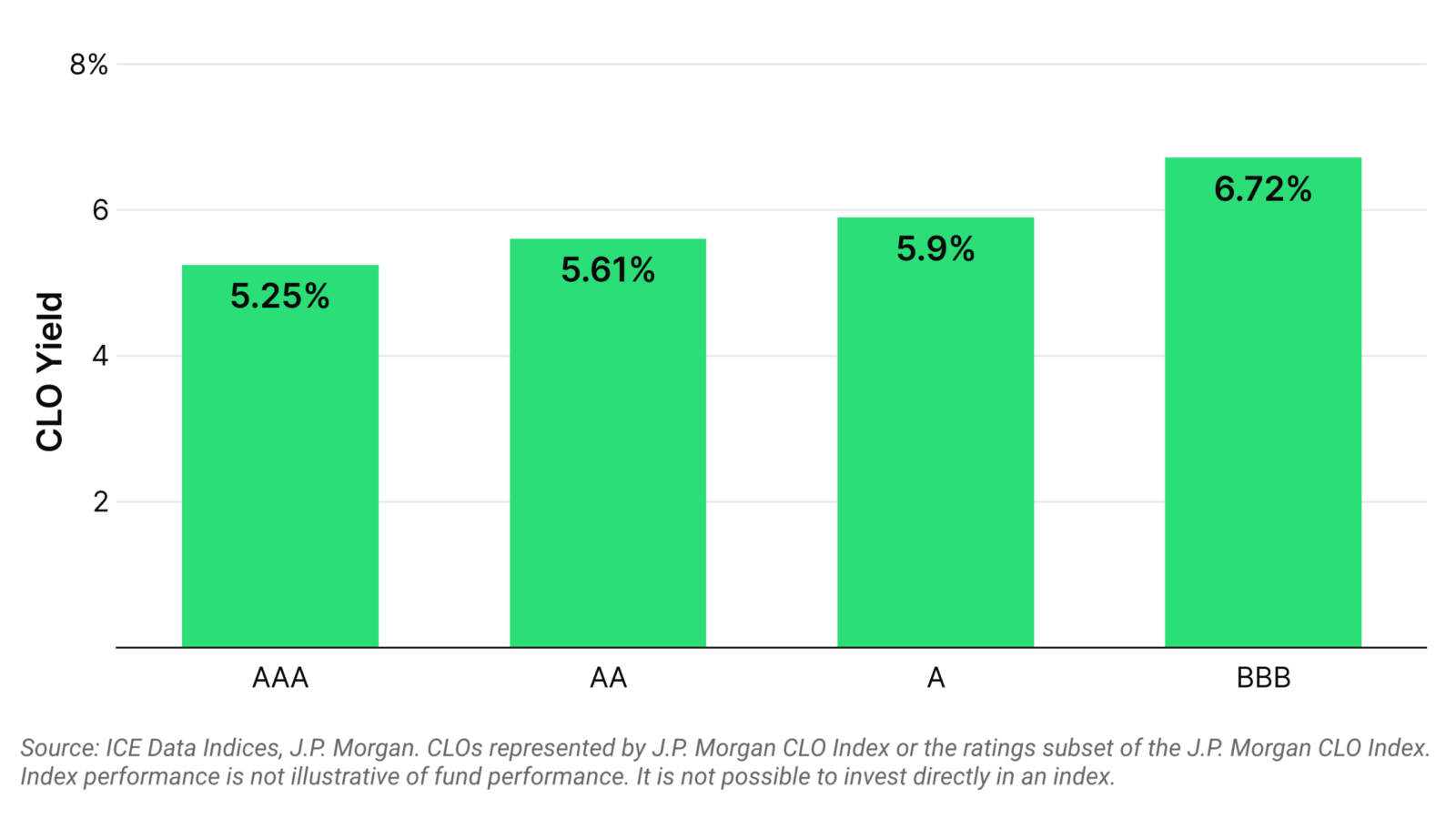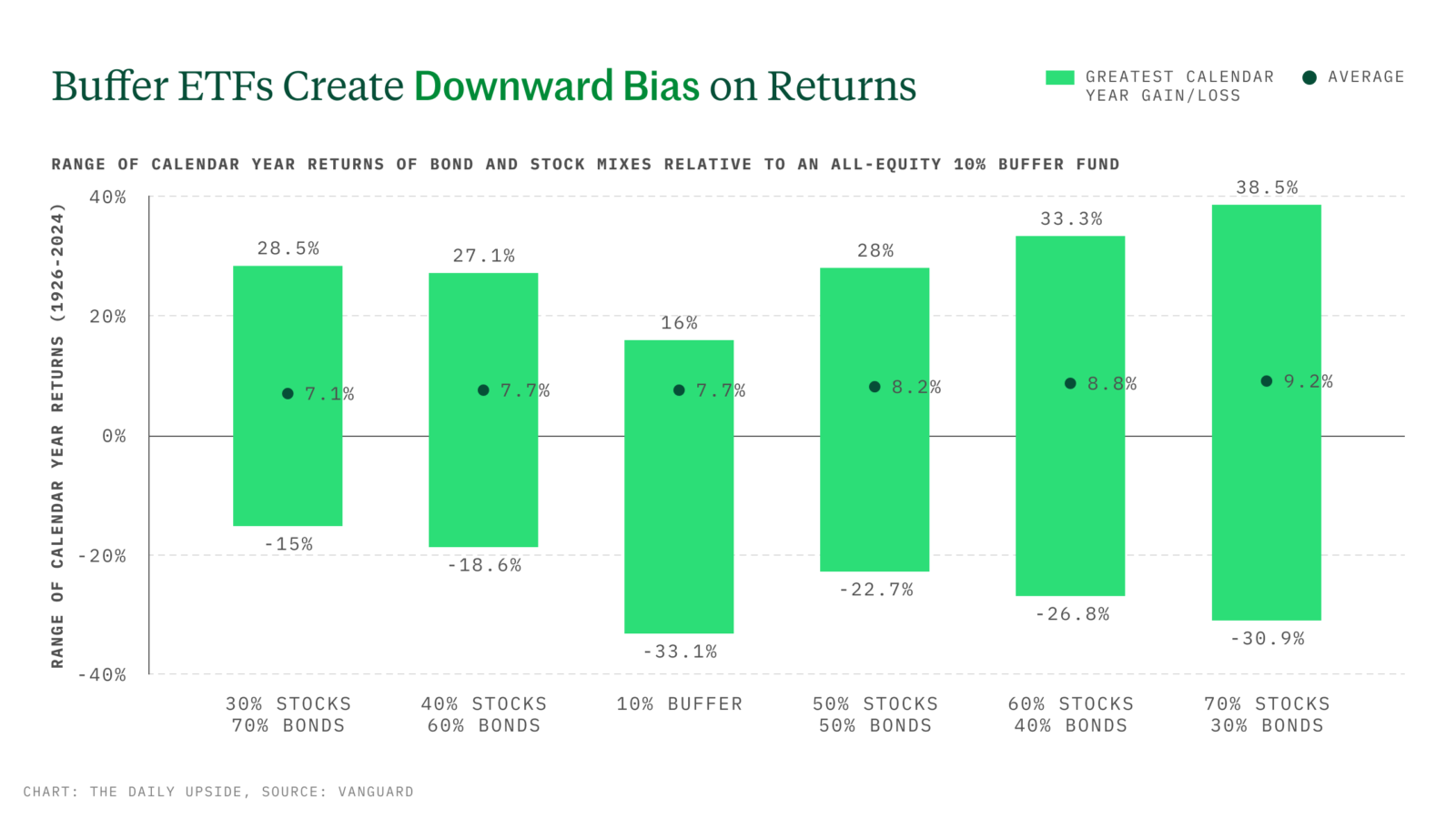Good morning.
There’s always two sides to the Fartcoin.
Crypto investor sentiment hit one of its lowest readings of all time this week, even as the price of Bitcoin smashed record highs as recently as December, according to a Bitwise report. That left Bitwise CIO Matt Hougan asking why investors were “wallowing in despair” and living in an “alternate reality,” in a recent blog post. While the leading digital currency topped the all-important $100,000 mark last year, altcoins — broadly described as digital assets other than Bitcoin — have been taking a bruising in recent months. Investors apparently soured on the segment after realizing the meme-coin boom was basically “a short-term casino,” Hougan wrote.
Too bad, we were rooting for those Hawk-Tuah tokens.
Microsoft Thinks AI Will Upend Financial Advice. Advisors Say Not So Fast

AI might soon eat wealth managers’ lunch — but only the stuff they weren’t planning on eating anyway.
Artificial intelligence is expected to transform the financial advice business in the coming years by gobbling up vast quantities of financial data and making it possible for just a handful of people to tackle the work of entire teams at traditional banks, said Martin Moeller, Microsoft’s head of AI for financial services in EMEA. That will allow upstarts to compete with much larger incumbents and eventually upend the balance of power in the brokerage industry, he told Reuters. However, advisors say AI will tackle the boring stuff, like note-taking and data gathering, and free up more of their time to spend with clients.
So, can AI reshape an industry that prides itself on building trusted relationships? “AI is not going to replace people,” CFP Board chief executive Kevin Keller told The Daily Upside. “AI will replace people who don’t know how to use AI.”
Don’t You AI Me
It’s not just Microsoft sounding the AI alarm. Wall Street powerhouses, like Goldman, JPMorgan and Citigroup, expect to significantly downsize global staff in the coming years, which will reshape banking operations and significantly increase revenues. A January Bloomberg survey found:
- Firms could bring in more than $180 billion over the next five years as AI juices efficiency and profits increase by up to 17%.
- Executives expect to axe about 3% of their global workforce over that time, leading to the loss of 200,000 jobs. Some firms said cuts could be closer to 10%.
Then there’s, so-called agentic AI, which could allow the algorithms to make investment management decisions, without human intervention, in the next two years, per Moeller (though you probably shouldn’t trust AI agents to even handle your Instacart orders just yet, as one Washington Post reporter found out the hard way). If true, that would allow banks that have only dabbled in wealth management to enter the business without having to invest in human capital.
I’m Not a Robot. Advisors on the ground aren’t convinced. Sure, the industry will get more efficient as AI works its way into the everyday, but it’s still fundamentally a relationship business. “There are parts of what I do as an advisor that are now easier and more efficient, giving me time to go deeper into how I can help a client,” said CFP Board chairperson Liz Miller. “But, at a certain point, clients are coming to me because they do want to speak to a human.”
Advisors simply fill a different need for clients and can have significant impacts on life-changing decisions, like retirement, home buying, or estate planning. Those goals are simply too important to hand off to an AI. “They don’t really trust an online calculator,” she told The Daily Upside.
Identifying Value (and Higher Yields) with CLOs

For many advisors, collateralized loan obligations check many of the key boxes when allocating for clients:
- Attractive cash yields — 5.25% within the AAA tranche, and 6.72% for BBB.
- Diversification — the pooled structure protects against single issuer risk, with default rates baked into expected yields.
- Lower Interest Rate Sensitivity — with rates tied to benchmarks such as SOFR and Euribor, CLOs can be a healthy tactic within a diversified strategy.
Advisors newer to the asset class tend to gravitate to AAA-rated CLO tranches due to their perceived safety, but this approach could be leaving returns on the table.
If History Can Tell Us Anything: Over the past decade, Single A CLOs have outperformed AAA CLOs by 142 basis points per year with lower volatility than investment-grade corporate bonds. BBB CLOs, meanwhile, provide a 147 bps yield pickup over AAAs while offering higher credit quality than high-yield bonds.
Active tranche management is key to navigating these nuances and finding relative value within CLOs.
Buffer ETFs Cost Clients More Than You Think: Vanguard
Those buffer ETFs could be costing clients more than you think.
Buffer ETFs — funds that use leverage to protect investors from losses of upwards of 100% in some cases — might sound like the perfect product for more risk-averse clients. However, they also come with significant caps on potential gains, and in the long run, that can mean leaving a lot more money on the table.
A new report from Vanguard found the funds can exhibit a negative tilt in returns over time. Buffer funds come with caps typically in the teens, but over the past 99 years, the S&P 500 topped gains of 16% about half of the time. Add in their typically higher expense ratios, and advisors might start to question: Are buffer ETFs even worth the safety?
Half in the Bag
It can be easy to have clients who are timid about the market these days: DeepSeek just shook up the AI sector and the president is back on his tariff game. But there is such a thing as being too cautious.
“There would have to be really specific reasons to want buffer ETFs in a portfolio, and I have not figured out what those are,” said Chris Tidmore, senior investment strategist at Vanguard, adding that even if investors are slightly nervous about the economy, the market generally trends upward:
- In the report, Vanguard looked at a hypothetical buffer fund totally invested in stocks with 10% downside protection and a 16% cap and compared it to the performances of different stock and bond mixes over the past century.
- In many cases, the buffer ETF was not optimal for returns. For example, last year, when the S&P 500 soared about 25%, that fund would’ve missed out significantly.

From Time to Time: Buffer funds did come in handy in 2022, as both stocks and bonds plunged. However, that doesn’t happen often and was the result of rapidly rising interest rates, Tidmore told The Daily Upside. The more likely future market shakeup would be something like the dot-com bubble, when equities did poorly, but fixed income performed well, he said. But, even in that scenario Tidmore questioned the effectiveness of the products: “Buffer funds wouldn’t have helped much, if at all,” he said.
Just a Third of Americans Are Confident Managing Their Finances

Let’s just say not everyone’s as good with their money as they should be.
Only a third of Americans are currently confident about managing their finances, according to a new survey from the financial services firm Thrivent. The company suggested the low confidence could be the result of roughly three in 10 Americans not seeking out any type of advice — professional or otherwise. While it’s an ominous sign for the country’s financial health, it does suggest there’s plenty of opportunity for firms to attract new clients and assets as the average American income continues to grow.
“People are grappling with many financial challenges all at once, so there’s a growing need for professional advice,” Thrivent advisor Sarah Hamlen told The Daily Upside.
Extra Upside
- It’s a Deal. RIA M&A activity just keeps getting better and better.
- Let’s Start Over. Jamie Dimon in favor of restructuring financial regulators amidst “debanking” concerns.
- CLOs Can Give a Structured Win. With high cash yields, strong credit quality, and minimal defaults (just a 0.3% in investment grade default rate all-time2) advisors should be considering CLOs for client portfolios. Join this webinar from VanEck to learn how a CLO strategy beyond AAA CLOs can provide enhanced income potential without significantly more risk.*
* Partner
ICYMI
- From the Ashes. Advisors help rebuild lives after devastating L.A. fires.
- Send in the Cavalry. Wealth management industry faces a looming 100k advisor shortage.
- More than just Bitcoin. Fund issuers see a future in altcoin ETFs even if advisors don’t.
Advisor Upside is edited by Sean Allocca. You can find him on LinkedIn.
Advisor Upside is a publication of The Daily Upside. For any questions or comments, feel free to contact us at advisor@thedailyupside.com.
Disclaimer
Investing involves substantial risk and high volatility, including possible loss of principal. Visit vaneck.com to read and consider the prospectus, containing the investment objective, risks, and fees of the fund, carefully before investing. VanEck mutual funds and ETFs are distributed by Van Eck Securities Corporation, Distributor, a wholly owned subsidiary of Van Eck Associates Corporation
1 Source: ICE Data Indices, J.P. Morgan. CLOs represented by J.P. Morgan CLO Index or the ratings subset of the J.P. Morgan CLO Index.
2 Source: S&P Global, “CLO Spotlight: Thirty Years Strong: U.S. CLO Tranche Defaults From 1994 Through First-Quarter 2024.”

